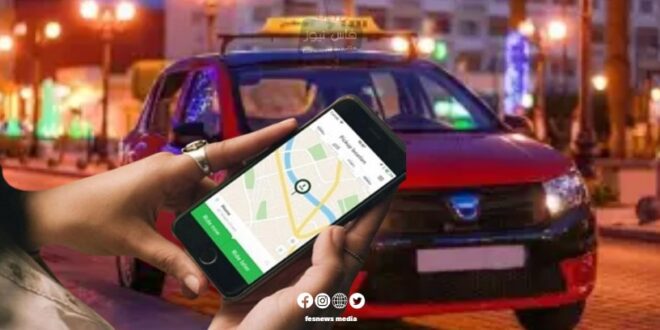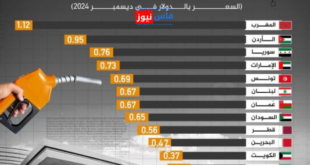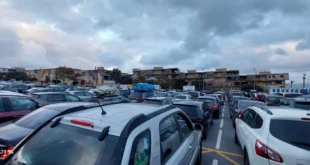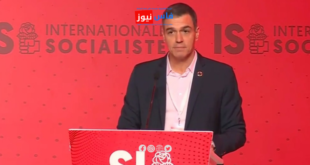Rabat – Morocco: Minister of Transport and Logistics, Sadek Mohamed Abdeljalil, has announced the government’s position regarding its openness to studying proposals for regulating ride-hailing services using smart applications. This comes in light of the increasing demand for such services and the need to ensure compliance with existing legal and regulatory frameworks.
In a written response to the Haraki group, the Minister stressed the importance of guaranteeing the “safety and security of passengers while taking into account fair competition between professionals and public transport operators.” He emphasized that “providing passenger transport services using modern applications and digital platforms without a license is considered an illegal activity,” a point that angered those working in technology-based transport, who are urging for a “solution.”
The Minister further stated that “the Ministry is working on launching a study related to preparing a national charter for sustainable and inclusive mobility.” He pointed out that the charter aims to “establish the basic principles and objectives upon which the future mobility and transport system in our country should be built, including addressing how to deal with these new modes of transportation in Morocco, especially within urban areas.”
Urgent Solution
Khalid, a ride-hailing driver in Rabat, said that “many working in this ‘profession,’ which is not yet legally regulated, consider it their only source of income.” He added that “those who work in this field exclusively need the state to find a solution so they can be legally qualified for transportation by enabling them to obtain licenses and convert their vehicles into professional cars. These cars wouldn’t necessarily be classified as taxis, but rather as ride-hailing vehicles, like in the rest of the world.”
Speaking to Hespress, Khalid added that “the demand for this type of transportation requires an urgent solution, as citizens now prefer it over taxis. Therefore, considering the social aspect related to the drivers and the popular choice strongly in favor of what digital platforms offer to facilitate their movement, it is necessary for public, governmental, and legislative actors to take action, rather than just responding to pressure from professional groups who want to monopolize the sector.”
He also pointed out that “many Moroccans use their private cars for transportation without a license while working other jobs. However, a large segment has started renting cars daily to work on these apps, given the trust they have gained.” He highlighted the “need to address the issue comprehensively to improve and modernize the transport system because Morocco is preparing for important events where transportation infrastructure will be crucial.”
Government Position
Mustapha Chaoune, National Secretary-General of the Democratic Organization for Multimodal Transport and Logistics, rejected any move towards licensing private vehicles. He argued that this step would create chaos in the sector, which is unacceptable as there are laws and regulations governing the road transport sector under the supervision of the Ministries of Interior and Transport. He considered the government’s position clear and reiterated on numerous occasions.
The professional and union activist pointed out that “professionals are not against modernization, development, and the use of technology in the sector. However, all of this must be done within a purely professional and legal framework that defines responsibilities and obligations.” He noted that “applications currently exist for licensed transportation, and taxis respond to ride requests through apps. No one can prevent them because they operate with licenses that allow them to transport passengers to their destinations.”
He added that “technology will undoubtedly be a significant added value for professionals and a leap for the transport sector in Morocco, which still needs a comprehensive legal framework for this matter.” He concluded that “Minister Abdeljalil, through his response, reiterates the government’s firm and unambiguous position that ride-hailing is possible within the framework of licensed means of transport and in a manner that respects existing legislation and regulations.”
 فاس نيوز ميديا جريدة الكترونية جهوية تعنى بشؤون و أخبار جهة فاس مكناس – متجددة على مدار الساعة
فاس نيوز ميديا جريدة الكترونية جهوية تعنى بشؤون و أخبار جهة فاس مكناس – متجددة على مدار الساعة













